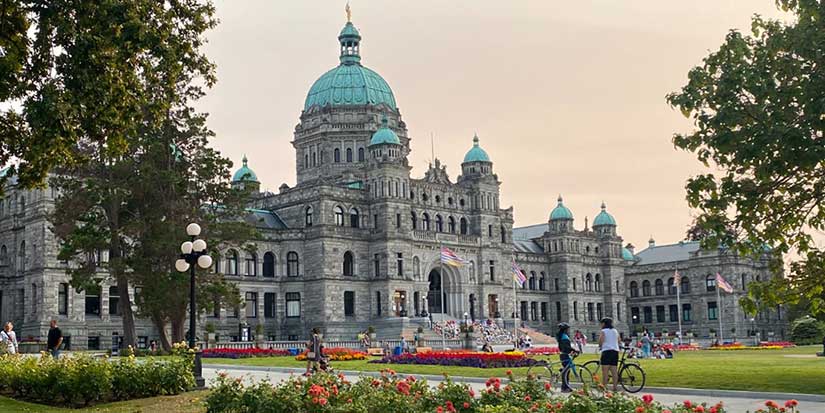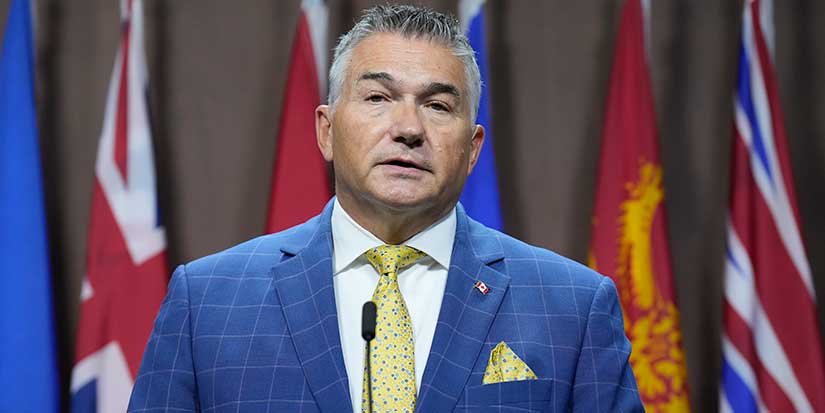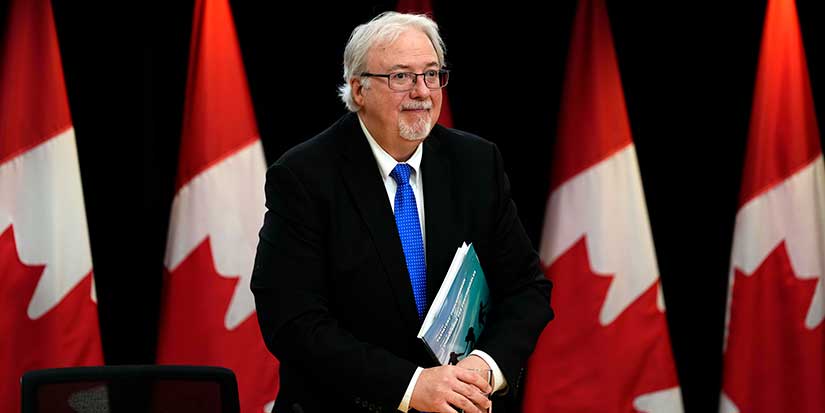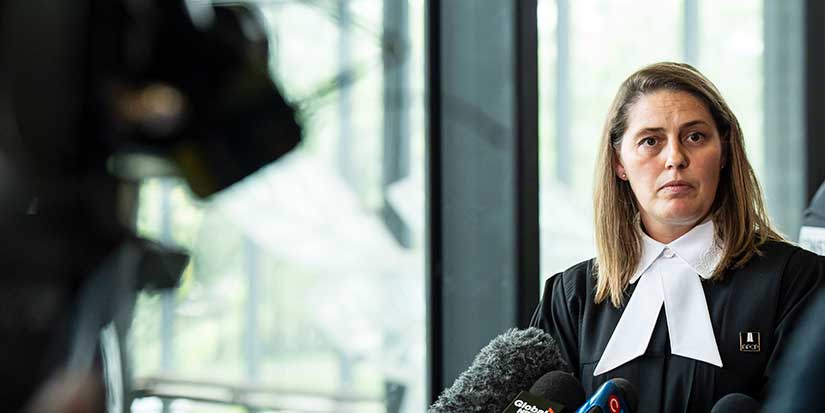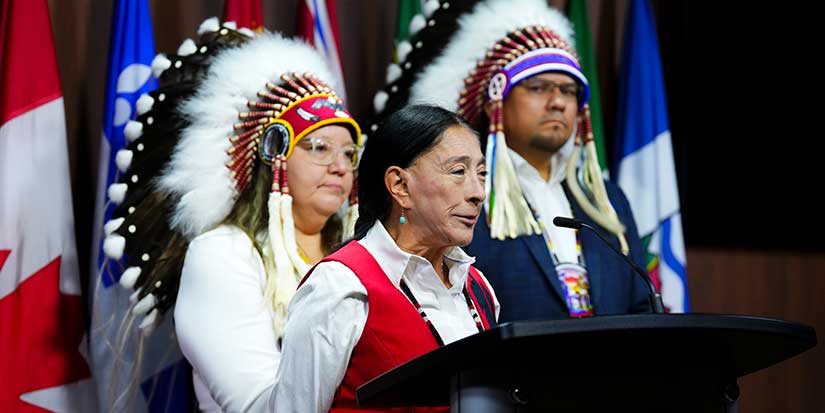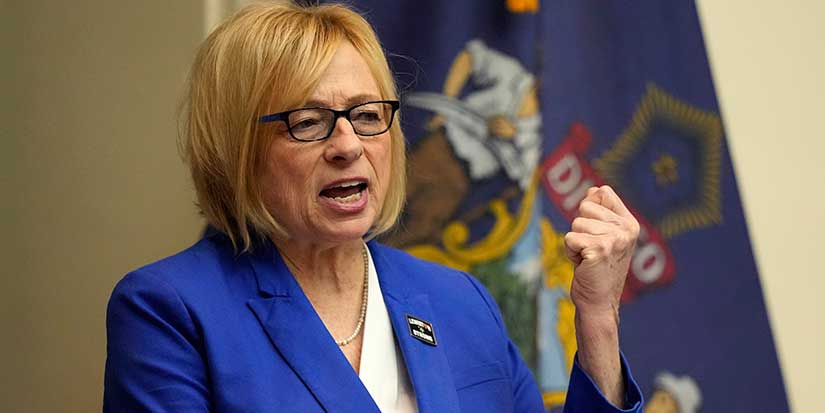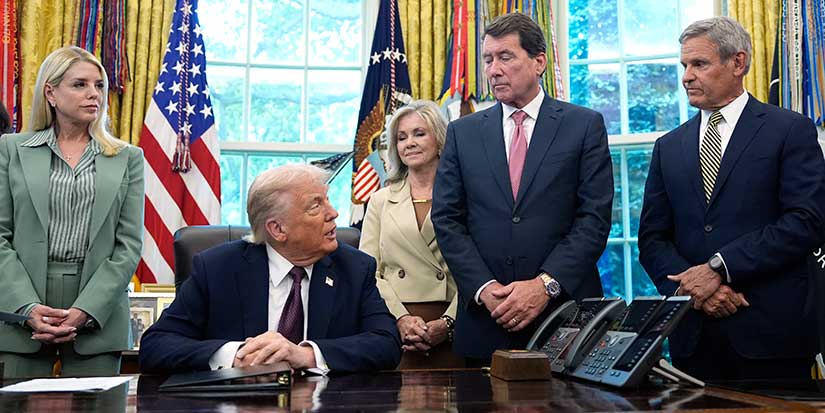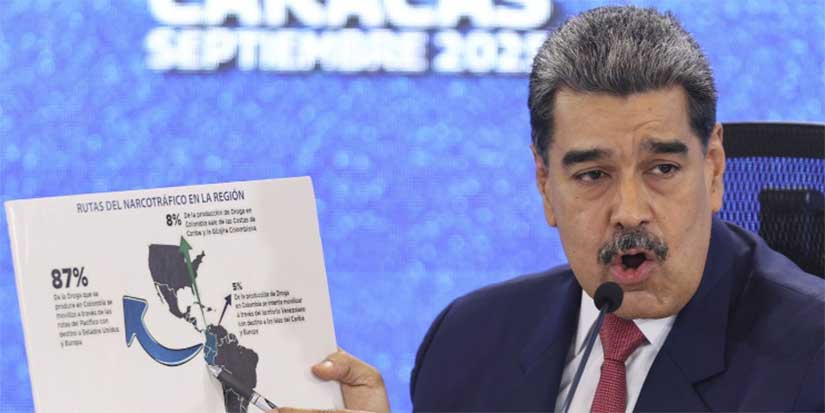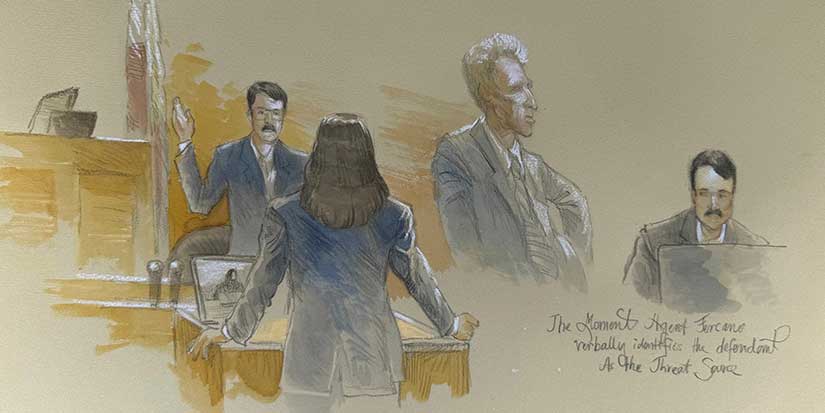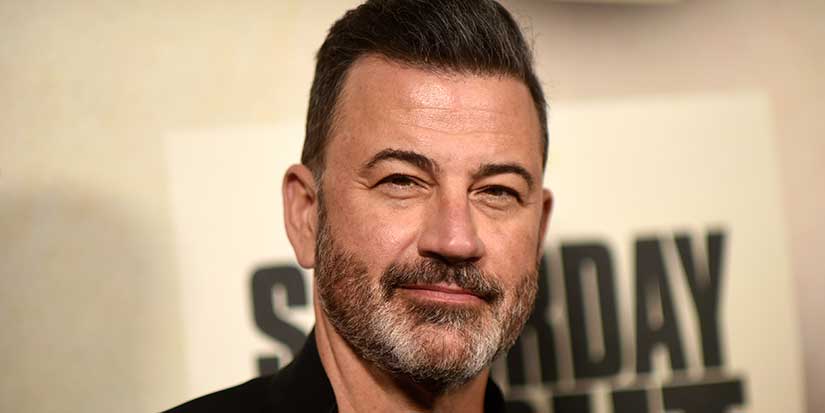Latest News
Richmond Stories: UBC Medicine Political Advocacy Committee

—
In this edition of Richmond Stories, host Jim Gordon (JG) sat down with three UBC medical students from Richmond who are part of the UBC Medicine Political Advocacy Committee (PAC).
JG: Who is PAC? They are a group of medical students who every year, advocates for the improvements to the health care system, and they run a province-wide public education campaign with the results of their research. This group of medical students researched issues related to the healthcare system. They spent six months researching unsafe and overcrowded emergency departments, interviewing ER doctors, surveying medical students, wrote a policy paper with their five recommendations, and met with politicians to advocate for necessary changes. 46 UBC students traveled to Victoria to address the recommendations with Premier David Eby, Health Minister Adrian Dix, and spoke with 48 MLAs, additional Greater Vancouver MLA’s, and Richmond’s four MLA’s.
I’m joined by Davy Lau (DL), Kiki Yu (KY) and Valeria Mok (VM). Congratulations in a time where healthcare is probably most important on people’s list of things they want improved by their government, it’s great to see you three out there trying to make a difference. Valerie, I’ll start with you, why did you choose and decide this topic?
VM: For myself and my colleagues, we’re thinking about what it is we want to do in the future, in terms of medical specialties. We know that emergency care is vitally needed for our population, but as the years have progressed, emergency departments have become increasingly crowded and patients are more complex and staff are becoming burnt out from being overworked.
JG: Davy, to pick up where Valerie finished, can you touch on the five topics you covered in your recommendations.
DL: After spending months doing this research and interviewing emergency doctors and other people involved in health policy, we arrived at five central recommendations to help address the overcrowding and understaffing in the emergency. One is to focus more on increasing primary care, you’ll see a common theme with some of our recommendations that it’s not just to focus on the emergency department but to focus on the more systemic recommendations. By increasing the number of family physicians, which was done this past year through the new funding model, that will help decrease the burden on patients that come into the emergency department.
Our second one is trying to figure out how we can ensure safety measures, so people leaving the hospital, have a place to go, therefore increasing long-term care facilities. If there’s patients in the hospital well enough to leave health-wise, sometimes they actually have to stay in the hospital because they don’t have proper housing or don’t have a long-term facility to go to. That increases the number of patients in the emergency and by increasing the number of long-term care facilities and housing options, that will help decrease overcrowding in the ER.
As well, we have recommendations for ensuring we have better long-term planning in terms of the workforce, ensuring that we’re using data to figure out how many physicians, nurses, and healthcare staff we need to recruit in the next five years, and then increasing options for rural support, like transferring patients from rural emergency departments to urban hospitals.
JG: Kiki, with governments, there’s always challenges of bureaucracy, what do you hope to accomplish?
KY: I think at the end of the day, we’d like to see improvements made to our emergency departments, a reduction in overcrowding, increased staffing, and also alleviation to some of the urban rural disparities across the province. This is just one step that our student body has taken, by working together to create this paper, making these recommendations, showing that medical students (the province’s future physicians and healthcare workforce) care about our emergency departments and hope to see improvements made.
JG: Valerie, this question is for you. We all know politicians can make promises and they don’t often get kept or they get caught up in whatever happens, how will you gauge if politicians take action and if they don’t, what can the people in your organization do to hold them accountable?
VM: The committee we work with is the UBC Political Advocacy Committee, a couple of weeks ago we spoke to them on Zoom and in Parliament in Victoria. What we want to do is bring this problem to the forefront of their minds, especially with elections coming up, and want to make sure they know what’s going on and that we are able to propose recommendations that they have the power to either speak to others about it or able to enact.
JG: We should mention that you can read the policy paper, A Call to Resuscitate BC emergency departments at ubcmedicinepac.ca/. Davy, I’ll go back to you, besides visiting BC politicians, how are you marketing your association and the valuable work that you do every year?
DL: The main engagement that we’re doing this year is with the politicians, specifically with BC MLA’s, we make an effort every single year to meet with as many MLA’s as we can to ensure that we’re meeting across the party line. The other aspect we’re doing is to get the word out. Whenever we do a policy paper we want to engage with as many healthcare workers as possible.
We not only interview them and include them in our research, but once we’re finished with the policy we disseminate these findings amongst the medical student body and to physicians in our community. This is definitely a concern that’s relevant to the general public, so doing these media interviews and writing newspaper articles helps ensure the general public is keeping the government accountable.
JG: Kiki, as I mentioned off the top, you have met with Premier David Eby, Health Minister Adrian Dix, a number of MLA’s, Vancouvers and Richmond’s four MLA’s, how have you found their reactions? Give us your thoughts on how it’s been meeting with them.
KY: The reaction that we’ve received across the board has been very supportive and in our meetings with Premier Eby, everyone’s aware of the issues with the emergency departments and are very open to looking at a number of different perspectives. We’ve already put in place some work to bolster our primary care services, and they seem very open to hearing about our other approaches for long-term care, bolstering specialist services, and using data to drive our future planning.
JG: Is there any other areas where people can find more out about your work to support you?
DL: The best way is the website, but we also have very active twitter accounts, @UBCMedicinePAC where you’ll find a lot of photos with all the meetings that we’ve had and also our Instagram page will contain all of that too. You can find links to our website and policy paper through those social media accounts.
For the full video interview, visit richmondsentinel.ca/videos
